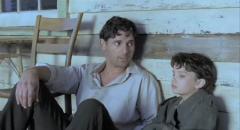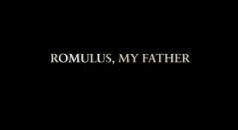 7986818117976044879.jpg
7986818117976044879.jpg
Screen cap from promotional trailer
Adaptation of
Romulus, My Father
1998
single work
biography
Issue Details:
First known date:
2007...
2007
Romulus, My Father



